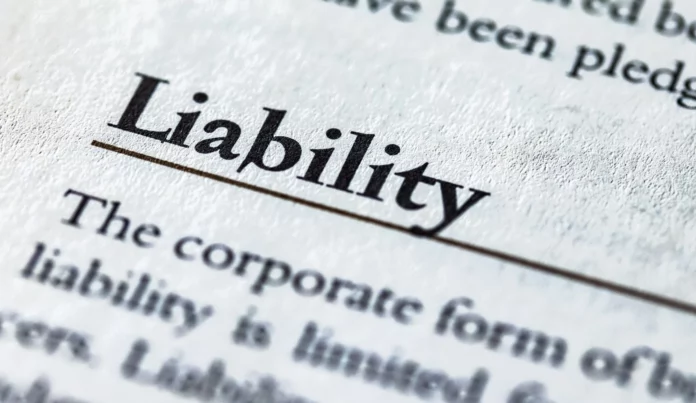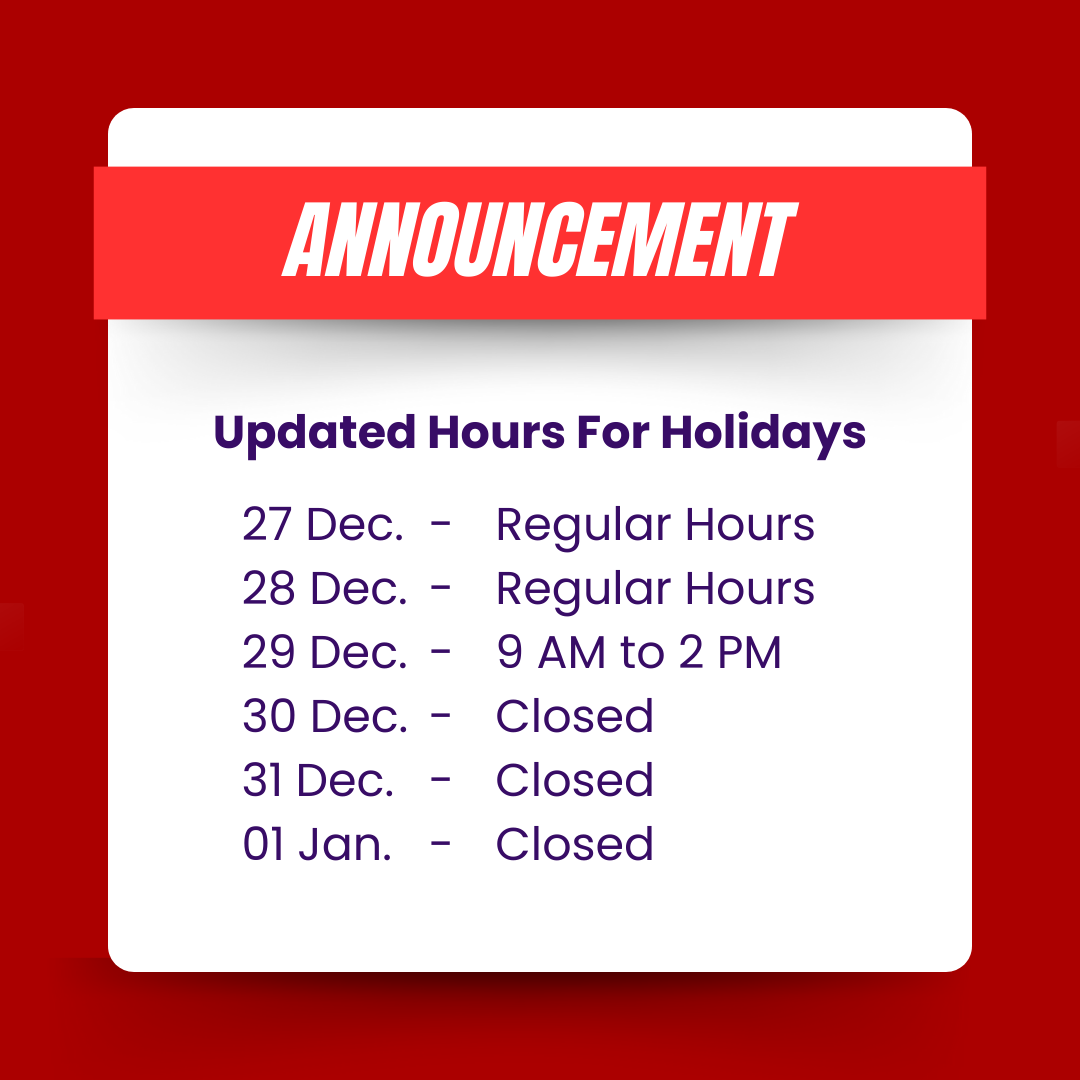Collision coverage is a crucial component of car insurance that helps protect your vehicle in the event of an accident. Understanding what collision coverage is, what it covers and important considerations like collision deductible and the cash value of your vehicle, are essential, for making informed decisions about your insurance policy. In this comprehensive guide, we will explore collision coverage in detail, providing valuable insights into its benefits, coverage limits, deductible options and considerations related to the cash value of your vehicle.
What is Collision Coverage?
Collision coverage is an optional component of car insurance that helps pay for damages to your vehicle caused by a collision with another vehicle, object, or rollover. Unlike liability insurance that covers damages to others, collision coverage focuses on protecting your vehicle. Whether the accident is your fault or not, collision coverage can provide financial assistance for repairs or even replacement of your car, depending on the circumstances. It is important to note that collision coverage is not mandatory, but it is highly recommended, especially if you have a newer or valuable vehicle.
What Does Collision Insurance Cover?
Collision insurance covers damages to your vehicle resulting from a collision, regardless of who is at fault. This can include accidents with other vehicles, hitting stationary objects like poles or fences, or rollovers. Covered damages typically include repair costs, labor charges, parts replacement and in some cases, even the total loss of the vehicle. It’s important to review your policy to understand the specific coverage limits and exclusions.
Collision Deductible
All coverage usually comes with a deductible, which is the amount you are responsible for paying out of pocket before your insurance coverage kicks in. Deductibles can vary and you can choose a higher deductible to lower your premium or a lower deductible for a higher premium. When filing a claim for damages, you will pay the deductible amount and the insurance company will cover the remaining costs, up to the coverage limit.
Understanding Your Car’s Cash Value
When it comes to collision coverage, it’s important to consider your car’s cash value. The cash value refers to the current worth of your vehicle in the market, considering factors such as its age, mileage, condition and comparable sales. In the event of a total loss, where the cost of repairs exceeds the car’s cash value, the insurance company may deem it a total loss and provide a payout based on the cash value of the vehicle.
Conclusion
Collision coverage is a valuable component of car insurance that provides financial protection for damages to your vehicle resulting from a collision. Understanding what collision coverage covers, considering the deductible and being aware of your car’s cash value are crucial when choosing insurance coverage. By assessing your vehicle’s value, reviewing coverage options and considering factors like your deductible, you can make an informed decision and ensure adequate protection for your vehicle in case of accidents or collisions. Consult with an insurance professional to understand the specific terms and coverage options available to you.







